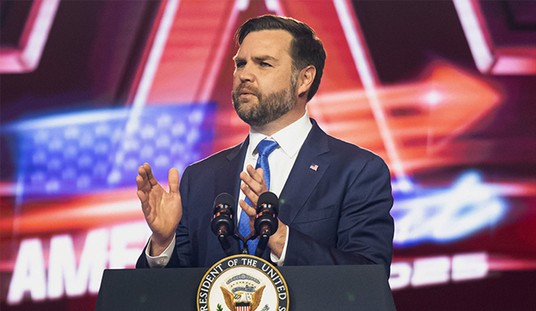There is no doubt that drastic changes are going to be made to Obamacare (if not repeal). The question for Hill Republicans is when to do it and how to do it.
The party is united in its disgust for the law, but the unity gives way to confusion and conflict when it comes to how best to gut the ACA without giving a hit to the economy and the insurance industry.
Outright repeal of the law would guarantee chaos in the health insurance markets, as well as throw untold millions off their insurance plans. Instead, many Republicans are looking at ways to throw open the health insurance industry to more competition and get rid of most of the more objectionable parts of the law.
The bottom line is that repeal of Obamacare while President Obama was in office was a nice, safe vote given his veto power and the inability of the GOP Senate to override it. But now, those Republicans have to deal with the reality that there will be a president who is serious about repeal or radical reform and the party must find a consensus on how to proceed.
Republicans in the House and Senate have pointed to a repeal bill that was approved last year through a procedural move called reconciliation as a means to quickly gut the law after Trump assumes office in January. Reconciliation bills require only a simple 51-vote majority as opposed to 60 votes to break a filibuster, which means they’re a way to quickly pass a proposal in the Senate.
Republicans haven’t announced what would be included in a new reconciliation bill, but a top conservative group is pushing for any package to go much further than the one President Obama already vetoed this year.
“We obviously need to do reconciliation but the bill needs to go further to make sure that we get all of Obamacare,” said Dan Holler, spokesman for Heritage Action, the political advocacy arm of the right-leaning think tank Heritage Foundation.
Reconciliation may only be applied to budgets and spending. The Senate parliamentarian must approve any bill that seeks to use reconciliation to ensure it does apply to budget and taxes.
To ensure approval, Republicans wrote the reconciliation measure to gut major parts of Obamacare, but not repeal the law entirely.
The bill repealed the vast majority of Obamacare taxes such as the medical device and health insurance tax. It also would end the law’s individual mandate for everyone to get health insurance, and end the requirement that employers with less than 50 employees must provide insurance to their workers.
But Holler said the reconciliation bill leaves in place insurance regulations that are “directly responsible for rising premiums.” Those regulations dictate the minimum benefits that insurers must provide in plans.
Heritage Action is once again pushing for lawmakers to offer up a reconciliation package that repeals the full law, arguing that it will meet Senate rules for a reconciliation bill. And Heritage Action is not alone, as another conservative group has qualms with the reconciliation bill.
“It doesn’t repeal the most harmful parts of the law, specifically the community rating price controls,” said Michael Cannon, director of health policy studies for the libertarian think tank Cato Institute.
The community rating price controls require health insurers to offer policies within a certain territory the same price for everyone. Such price controls were put into Obamacare to prevent insurers from charging people with preexisting conditions much higher prices than people in their coverage area.
One proposal that’s vigorously opposed by conservatives is to have a 2-year transition period where Obamacare remains intact while free-market reforms to the insurance industry are passed. This has the benefit of softening the blow to consumers receiving subsidies and allowing the industry to develop alternative plans free of the Obamacare coverage mandates like birth control and mental health costs.
Those benefits would still be available to those who wish to pay for them, but eliminating the requirement that all insurance companies must include them in every plan would give companies numerous options regarding coverage, deductibles, and pricing. That should act to relieve pressure on the upward spiral of premiums costs.
This is one issue where the Trump White House is going to have to show leadership if the mission of making President Obama’s signature domestic achievement a distant memory is to be accomplished.










Join the conversation as a VIP Member